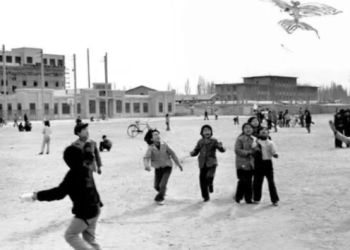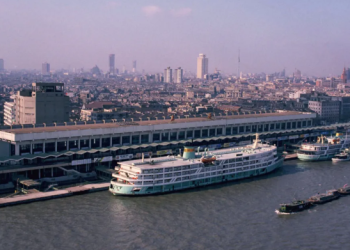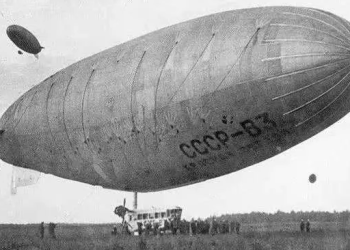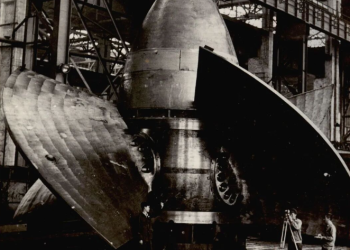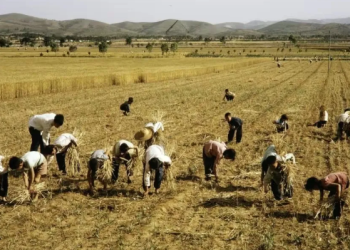Migration doesn’t always begin with a choice.
Sometimes it begins with a drought. A war. A closed factory. A child’s future.
Sometimes it begins with hope.
Sometimes, with fear.
But it always begins with movement—not just of bodies, but of language, memory, and the invisible architecture of who we are.
When we leave, we don’t just carry passports and luggage.
We carry the smell of breakfast from home. The way our grandmother wrapped dumplings. The songs we only ever heard from the backseat of a bus winding through hills we will not see again.
We carry names that get mispronounced.
We carry stories no one else remembers.
We carry grief for what we didn’t even realize we loved until it was gone.
And we carry versions of ourselves that may never fully return.
Ask someone who has migrated and you’ll hear a particular kind of silence—the kind filled with words that don’t translate easily.
You’ll hear about the first winter in a city where no one looked up.
About how hard it is to laugh when you’re thinking in one language and speaking in another.
About phone calls at strange hours.
About slowly forgetting the taste of certain fruits.
You’ll also hear about resilience.
About how, even when everything was new, people found ways to cook, to pray, to joke.
About the first neighbor who smiled without needing words.
About learning to measure love not in distance, but in effort.
Migration is not just a change of address.
It is a rebuilding—of self, of identity, of community.
You arrive in pieces. You rearrange.
You learn to carry two worlds in one body.
You learn to celebrate festivals that aren’t yours, while dreaming of festivals you miss.
You learn that home is no longer one place, but a constellation of memories and people, scattered across time zones.
And you learn, slowly, that your story is part of a larger one.
Long before passports and borders, people have always moved—along rivers, over mountains, across oceans.
They have moved for land, for water, for love, for freedom.
And in moving, they have carried languages, seeds, recipes, lullabies, rituals.
They have changed the world simply by arriving.
And by staying.
Today, when we speak of migration, we often reduce it to numbers.
But behind every number is a person who once sat on a bus with too much hope and not enough certainty.
Someone who cried quietly their first week abroad.
Someone who sent money home and never told their parents how lonely they were.
Someone who dared to believe that life could begin again.
To migrate is to be brave in a way that few understand.
It is to walk into the unknown not with a map, but with memory.
It is to plant roots in unfamiliar soil and hope they hold.
It is, in many ways, the most human story we tell.
Because we are all, in one way or another, always becoming.
Always moving.
Always learning what it means to belong.

